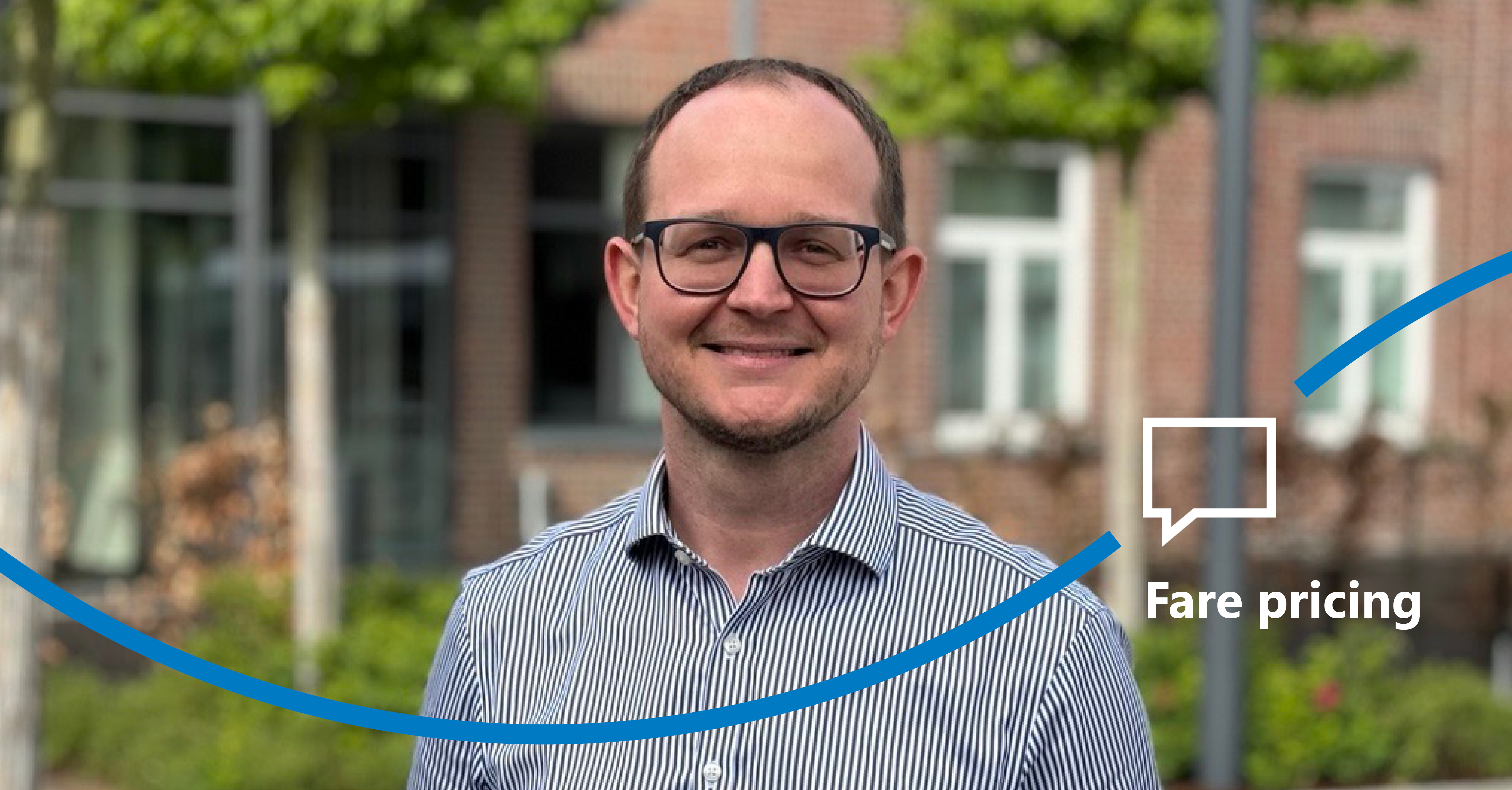Here are some key takeaways from his presentation:
Fares need to evolve.
Fare pricing is relatively static, but as travel habits and commuting patterns evolve, a one-size-fits-all approach no longer suits the changing landscape. Fare capping, for example, offers a more flexible solution by removing the barrier of high upfront costs associated with purchasing a pass in advance. Instead, it allows all passengers to enjoy the benefits of a pass product once they reach the fare equivalent of a daily, weekly, or monthly pass.
Fares need to be flexible.
Motorways congested again? Heavy rain arriving unexpectedly? By dynamically adjusting fares on days when other transit options, inclement weather, or crowded systems are affecting commutes, it’s possible to incentivise public transport use by reducing prices for frequent riders. And, an improved passenger experience is better for our client partners by helping to stabilise revenues. Flexible fares can have a significant impact on passenger behaviour by influencing their decision to use public transport, which not only helps passengers and our client partners but also, ultimately helps to create more climate-friendly cities.
Fares need to be simple.
Despite the increasing complexity of transit systems, fares must remain easy to understand and accessible for passengers. By continually monitoring and analysing travel patterns, the optimal fare can be automatically determined and applied, simplifying things for passengers.
Fare capping and approaches beyond that offer a fantastic opportunity to improve the passenger experience and to strengthen the public transport sector.
Let’s make it a reality – together.

